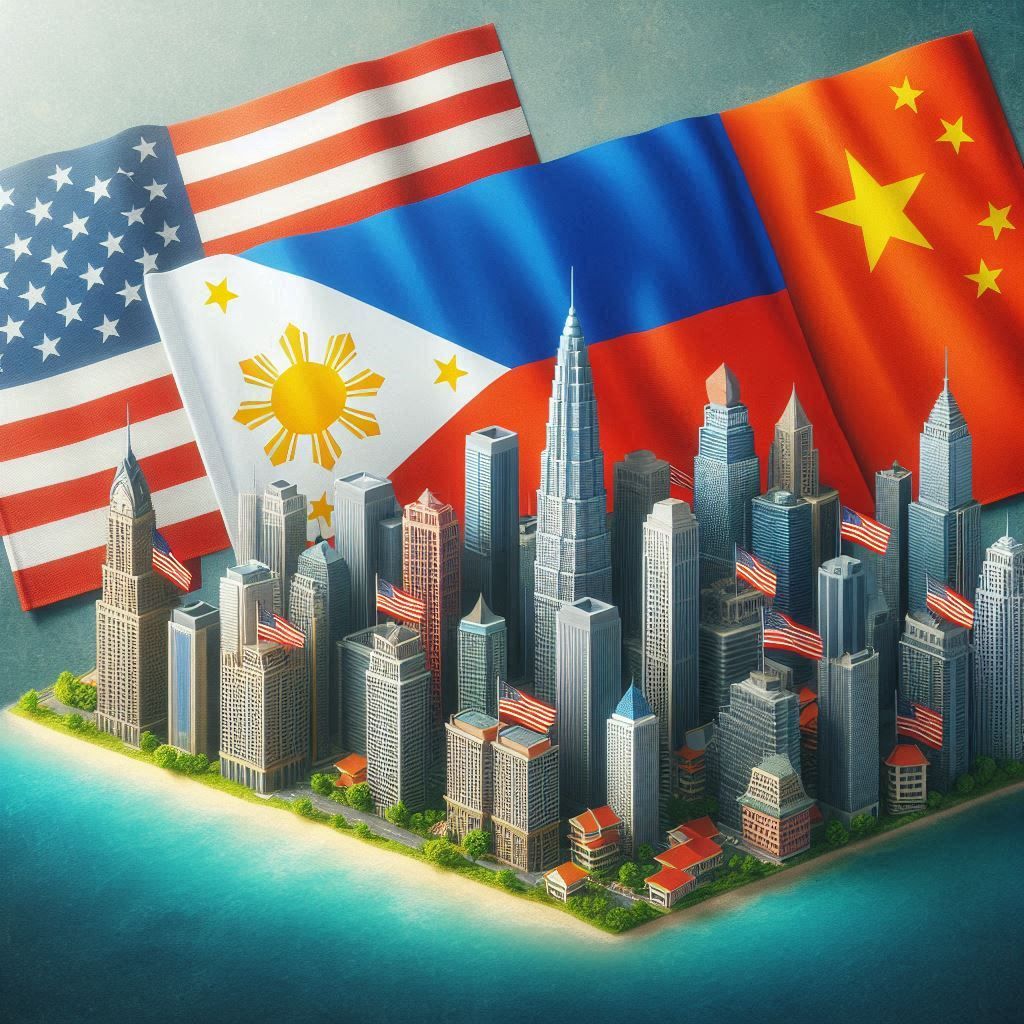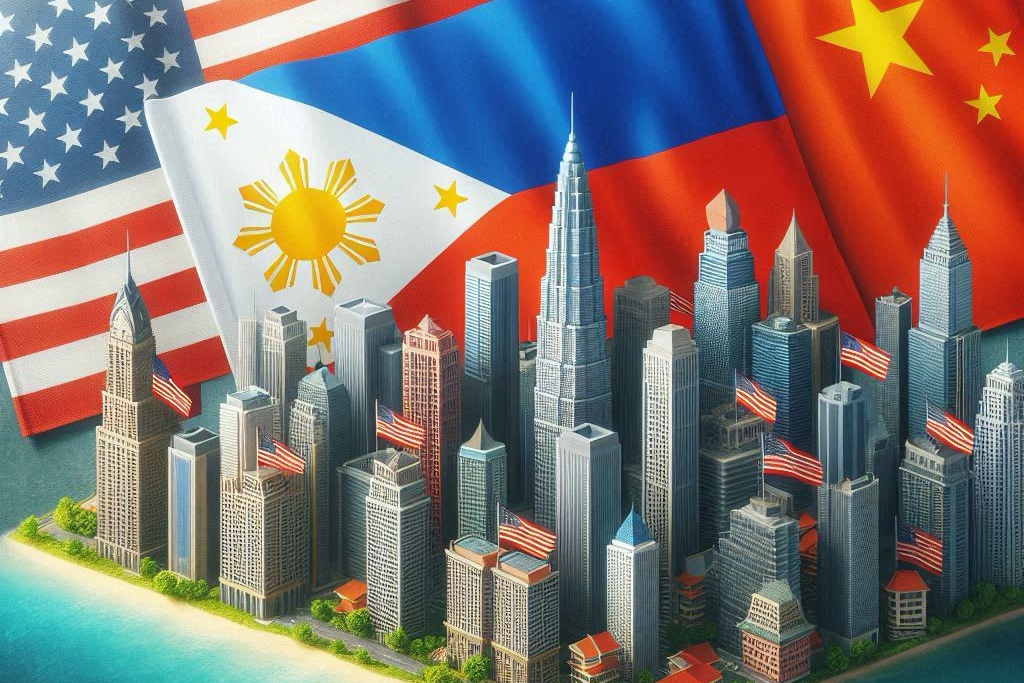Improved U.S.-China ties: What’s at stake for Phl?

U.S. President Joe Biden and Chinese President Xi Jinping held talks on November 16 during the 31st APEC Economic Leaders’ Meeting in Peru, underscoring the critical need for cooperation and stability in U.S.-China relations.
As the U.S. and China explore avenues for improving their relationship, the Philippines stands at a crossroads, facing both opportunities and challenges in a rapidly evolving geopolitical landscape.
On the positive side, stronger U.S.-China ties could stimulate economic growth in the Philippines. Increased trade and investment from both superpowers could invigorate key sectors like infrastructure, technology, and manufacturing.
Moreover, with the possibility of de-escalating tensions in the South China Sea, the Philippines could benefit from a more stable regional environment, reducing the risk of military confrontations and fostering a safer climate for economic development.
However, the Philippines may also face significant challenges. A more cooperative U.S.-China relationship could pressure the Philippines to take sides, complicating its foreign policy.
Should the U.S. prioritize diplomacy with China, it might reduce its vocal support for the Philippines’ territorial claims, leaving the nation more vulnerable in its ongoing maritime disputes with China.
Additionally, as China’s economic influence continues to grow, the Philippines could become more reliant on Chinese trade and investments, potentially limiting its ability to maneuver independently on the global stage.
In this delicate balancing act, the Philippines must navigate these shifting dynamics carefully—safeguarding its sovereignty while capitalizing on the economic opportunities presented by improved U.S.-China relations. By positioning itself strategically, the Philippines can play a pivotal role in shaping the future of the Asia-Pacific region.



0 Comment